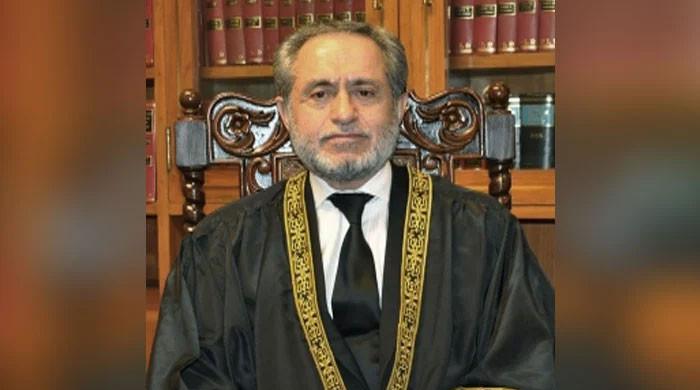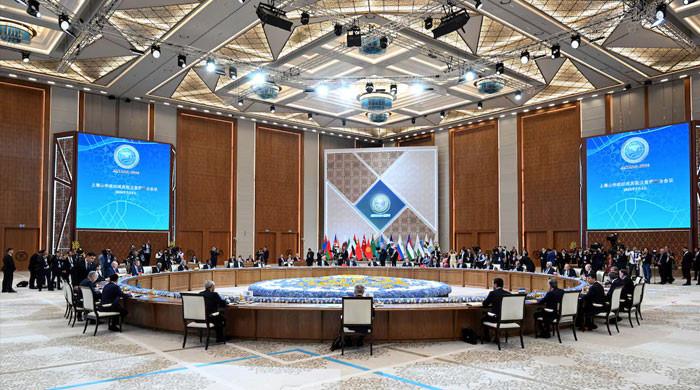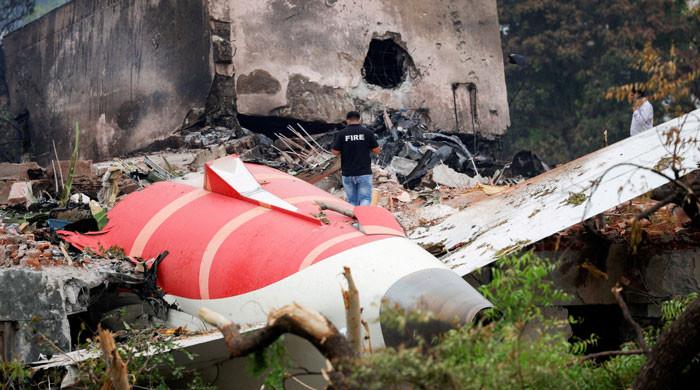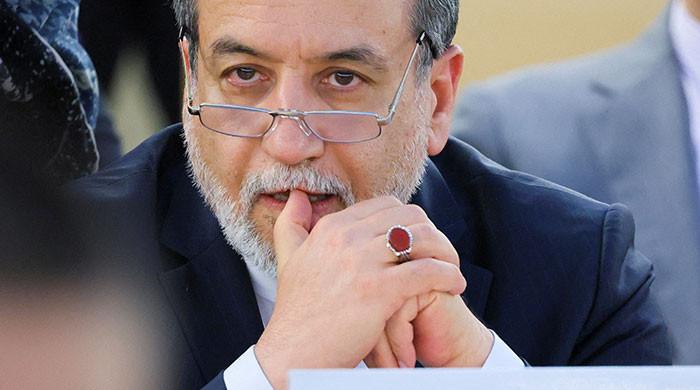
Supreme Court Justice Jamal Khan Mandokhail. — SC Website/File
#judge #seeks #clarity #military #courts #jurisdiction
ISLAMABAD: Supreme Court Justice Jamal Khan Mandokil on Monday expressed concern over the powers of military courts under the Army Act.
A seven -member constitutional bench headed by Justice Aminuddin Khan was listening to an intra -court appeal against civilian military cases, during which senior lawyer Salman Akram Raja argued by the convicted defendant, Arzam Junaid.
During the hearing, Raja cited the Brigadier (RTD) FB Ali case, saying that the decision was based on the 1962 constitution, which, if only basic rights were ensured, heard the case of civilians in the military courts. Was allowed.
Justice Muhammad Ali Mazhar questioned how a civilian, FB Ali was killed by the court under the same view.
Justice Mandokel raised a critical question: “What are the powers of military courts under the Army Act? Can a non -military person be fully tried on the basis of their crime?”
The Raja explained that in the case of FB Ali, the debate focused on Article 2 (D) (I) of the Army Act, and the decision acknowledged that the Act, which was brought by the Presidential Ordinance in relation to fundamental rights. Can be reviewed.
However, it was also said that such amendments were subject to judicial reviews under fundamental rights.
Justice Mandokil made more inquiries about the definition of “alliance” in the FB Ali case. Raja replied that the term cited a clear link between the provocations of the Armed Forces and the crime and the defense of Pakistan, which was interpreted as a separate court for such matters. Can go
Raja argued that if the court upholds the decision regarding Article 10-A of Justice Aisha Malik, it will strengthen his case. Similarly, if the court ruled that no special courts could be set up outside Article 175 (3), it would still support his position.
He also cited an example of history, noteing that FB Ali was sentenced by a military court under General Ziaul Haq. However, after Zia became Army Chief, he canceled Ali’s sentence, which resulted in Ali later joined the Canadian army.
Justice Mandokhel remarked that Zia would later realize that his preliminary decision was wrong, while Justice Musarrat Hilali had even speculated whether Zia had apologized to FB Ali.
When asked about the 1962 constitution by Justice Hilali, Raja noted that it was started by Field Marshal Ayub Khan with his authority. He highlighted that during this period, Fatwas was issued claiming that Islam does not recognize fundamental rights.
He emphasized that the judiciary can always review the rules under the lens of basic rights.
Justice Mandokil questioned whether the court could use its powers under Article 187 in this appeal, to which the Raja replied that the court has always maintained the powers to ensure complete justice under Article 187.
Justice Mazhar observed that the Army Act was applied when civilians incited military personnel. He questioned whether the right to hear a fair trial of Article 10-A is fully up to civilians or military personnel have been covered. Raja claimed that Article 175 (3) should take advantage of both civilians and military personnel equally.
Justice Hassan Azhar Rizvi gave birth to the fears that foreign intelligence agencies sometimes exploit ordinary citizens, and Army Act of the Army Act 2 (1) (d) (II) and 2 (1) (d) (ii) Eliminating military trials can hinder the hostile agencies.
Raja fought against this by proposing a comparative analysis of the Indian and Pakistani Army Act.
He argued that Pakistan’s system should not allow the scenario where an SHO works as a judge, the SP listens to the appeal, and the IG endorses the decision.
He pointed out that in India, military appeals go to a tribunal, which can also guarantee a fair trial and guarantee a bail.
After this, Justice Mazhar questioned whether the Army Act of India included clause 22 (1) (d) (i) and 22 (1) (d) (II). Raja acknowledged that he was not part of the Indian law, which indicated that Mazhar was declared a comparative analysis as irrelevant.
Justice Aminuddin reiterated that Pakistan and India have a separate legal system. The Apex Court adjourned the case till February 10, after hearing today’s arguments.






